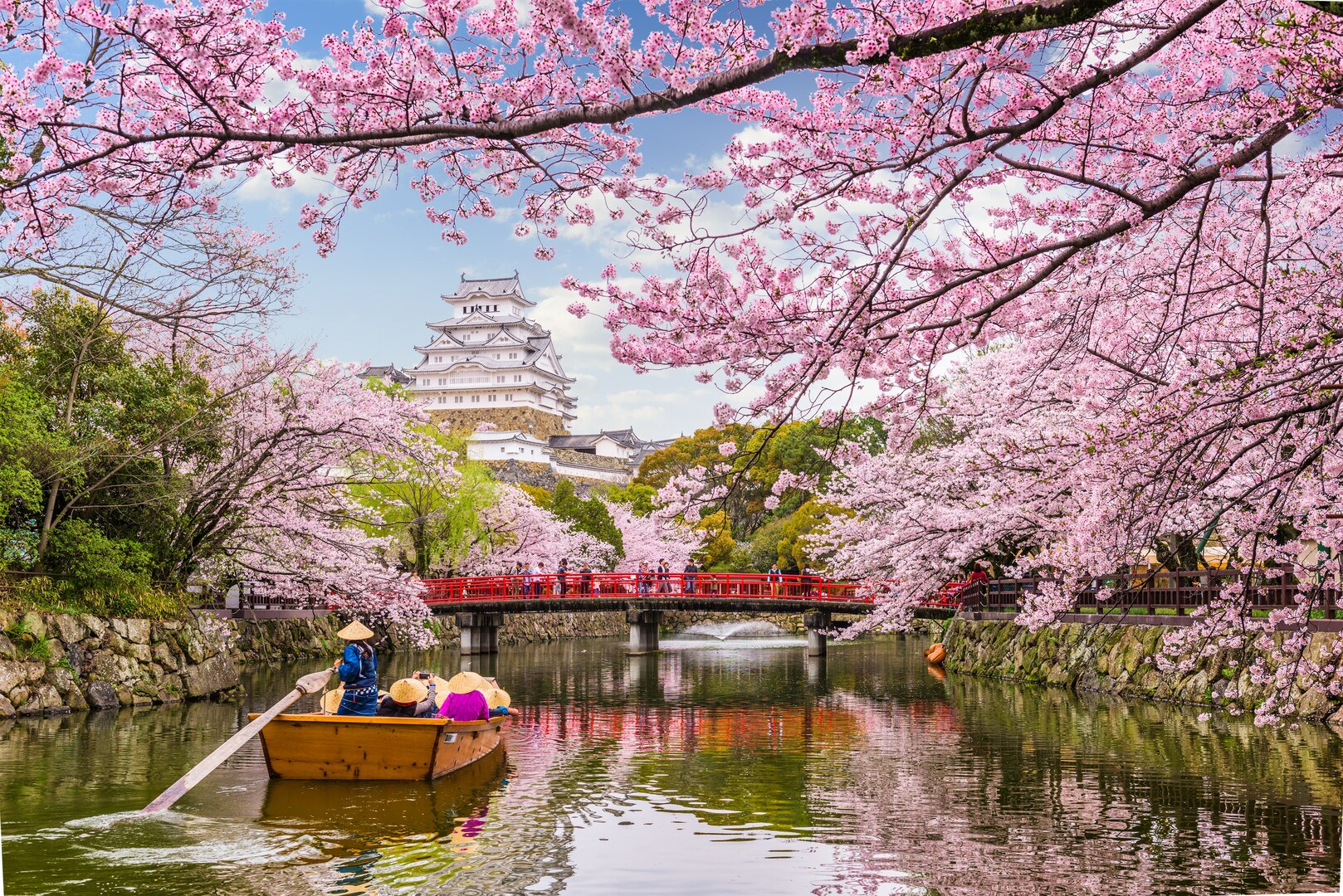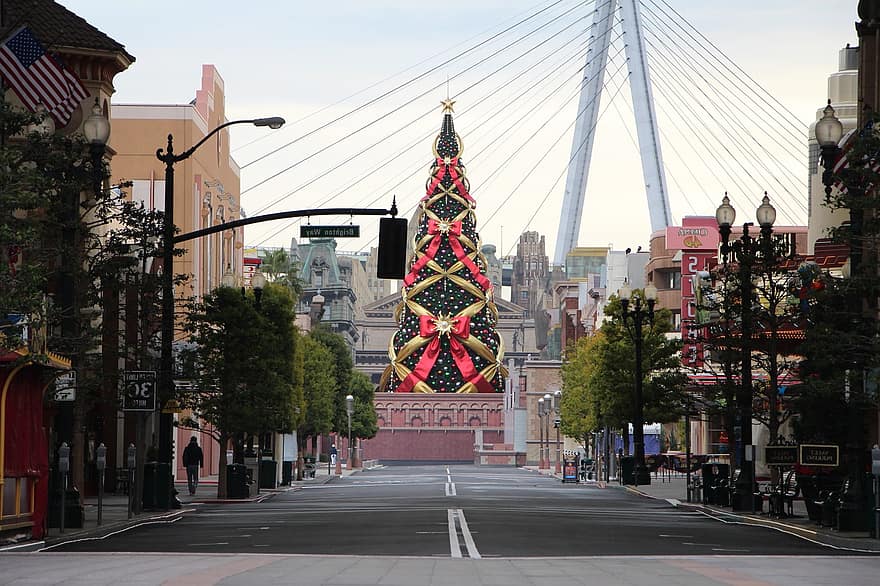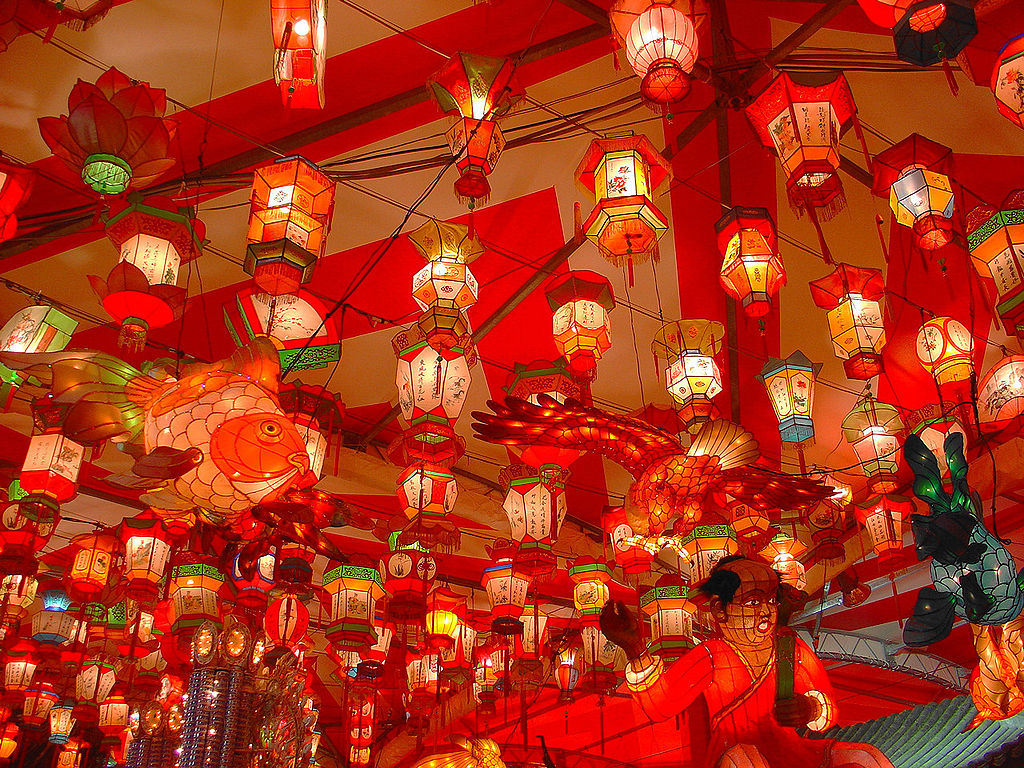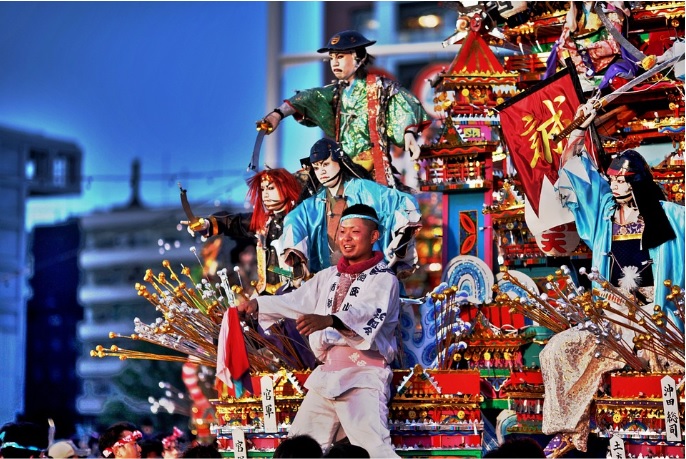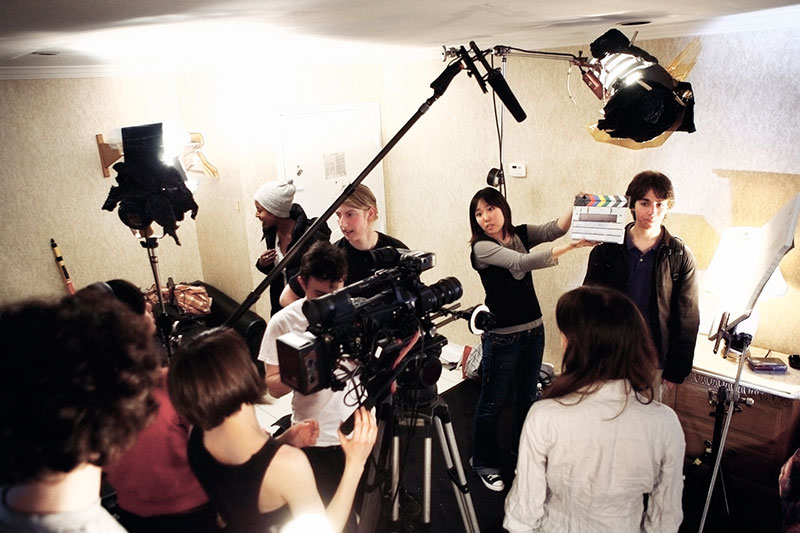
During the early golden age of Japanese cinema from the 1940s up 'til the 1960s, the years that followed has seen a comeback in regards of high quality Japanese films. While Japan is still one of the more reclusive countries, the growing popularity of its cinema is slowly but surely progressing. Here's a list of 8 timeless Japanese films:
1. Late Spring (1949)
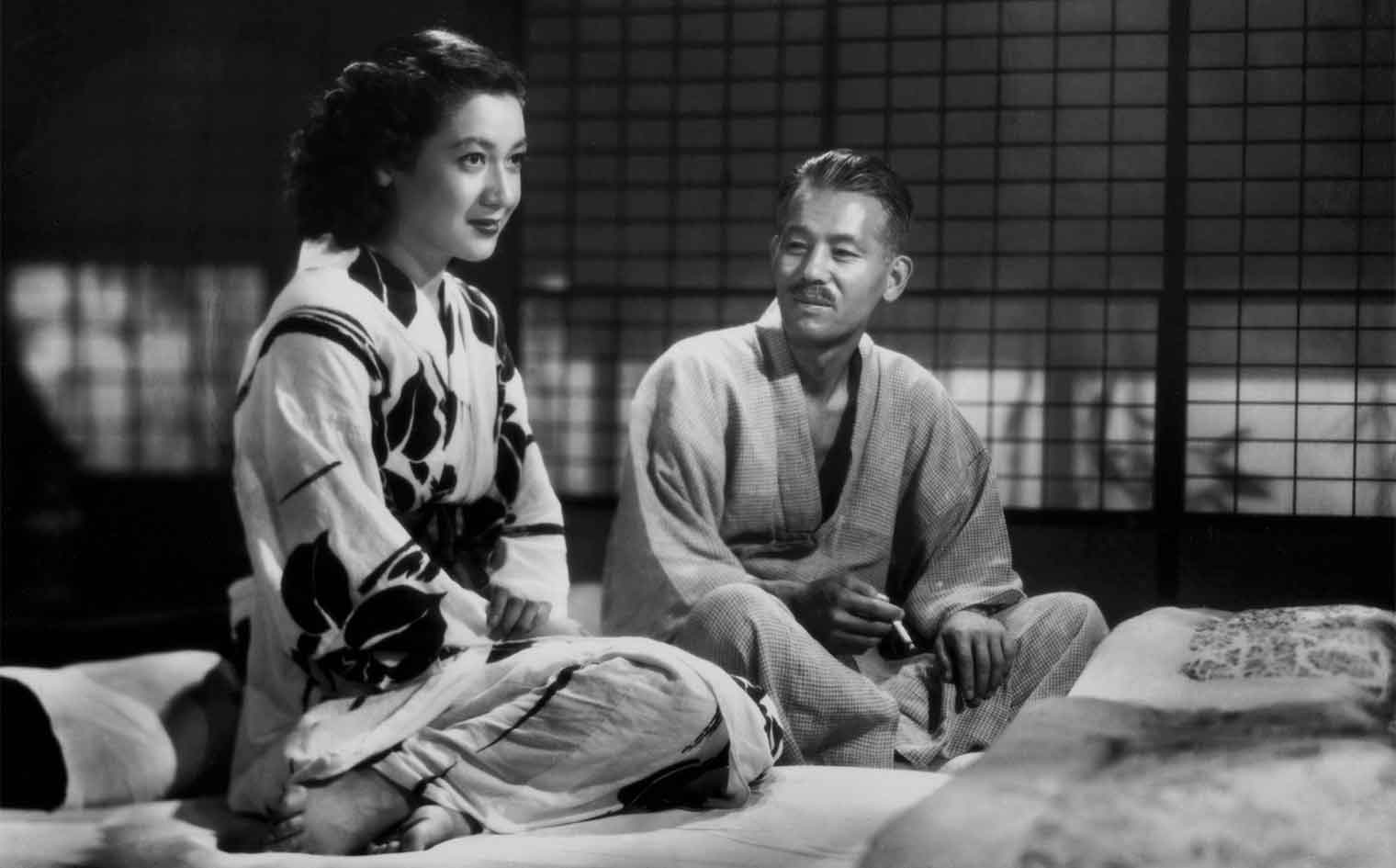
- This is the oldest of the films on our list and is a must-watch for anyone interested in cinema history, it has also appeared on several ‘Greatest Films’ lists and has influenced film-makers across the world. It falls into the shomin-geki genre, a type of Japanese film that deals with the ordinary lives of modern day working and middle class people with a realist approach.
2. Rashomon (1950)
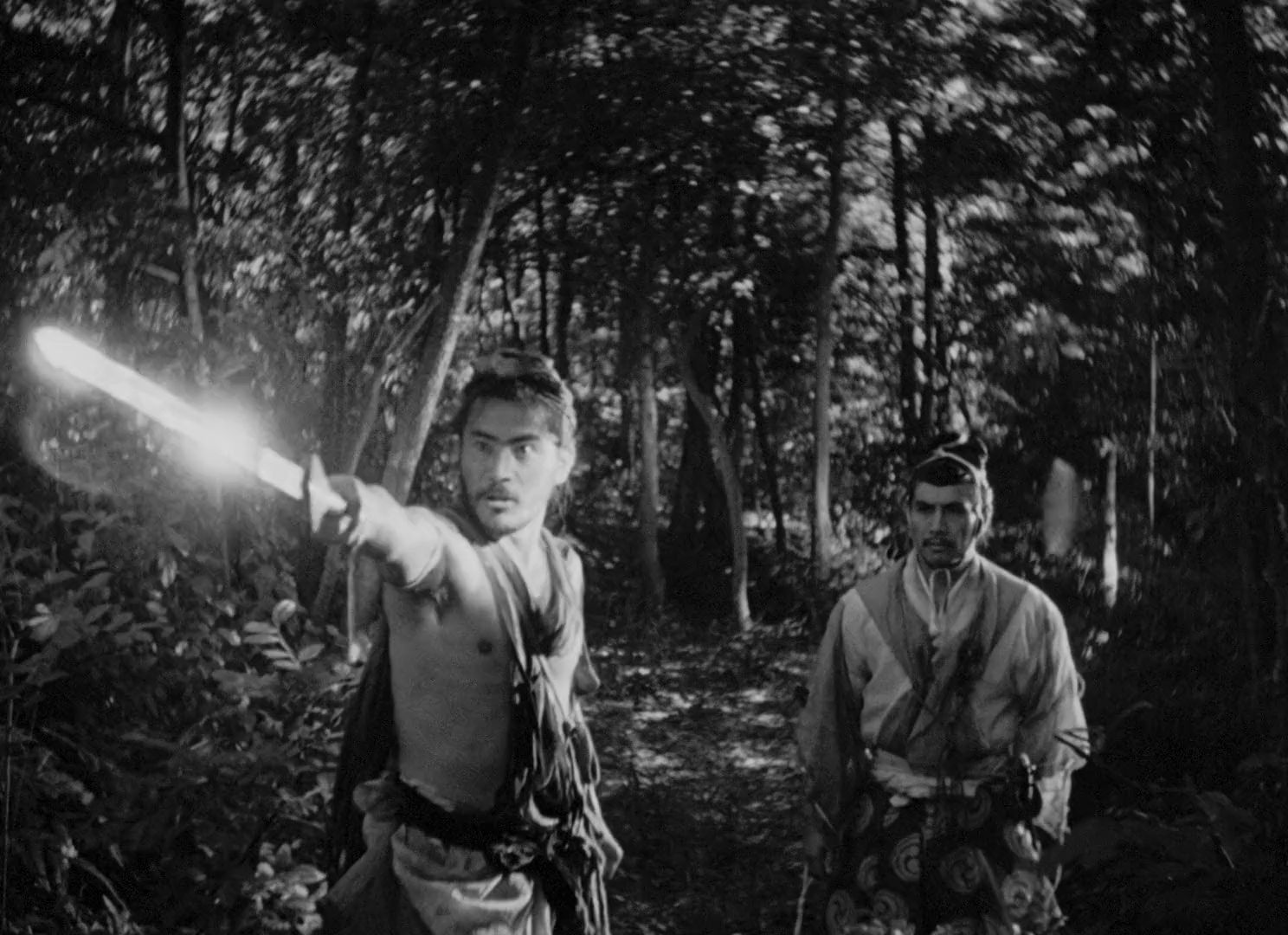
- For its time and place, Rashomon is one of the most impressive and daring films in cinema history. The film’s plot recounts a heinous crime and its aftermath, being recalled from different points of view by characters including a bandit, a samurai, the samurai’s wife, and a woodcutter, before ending with a stunning climax that questions the very core of humanity.
3. Harakiri (1962)
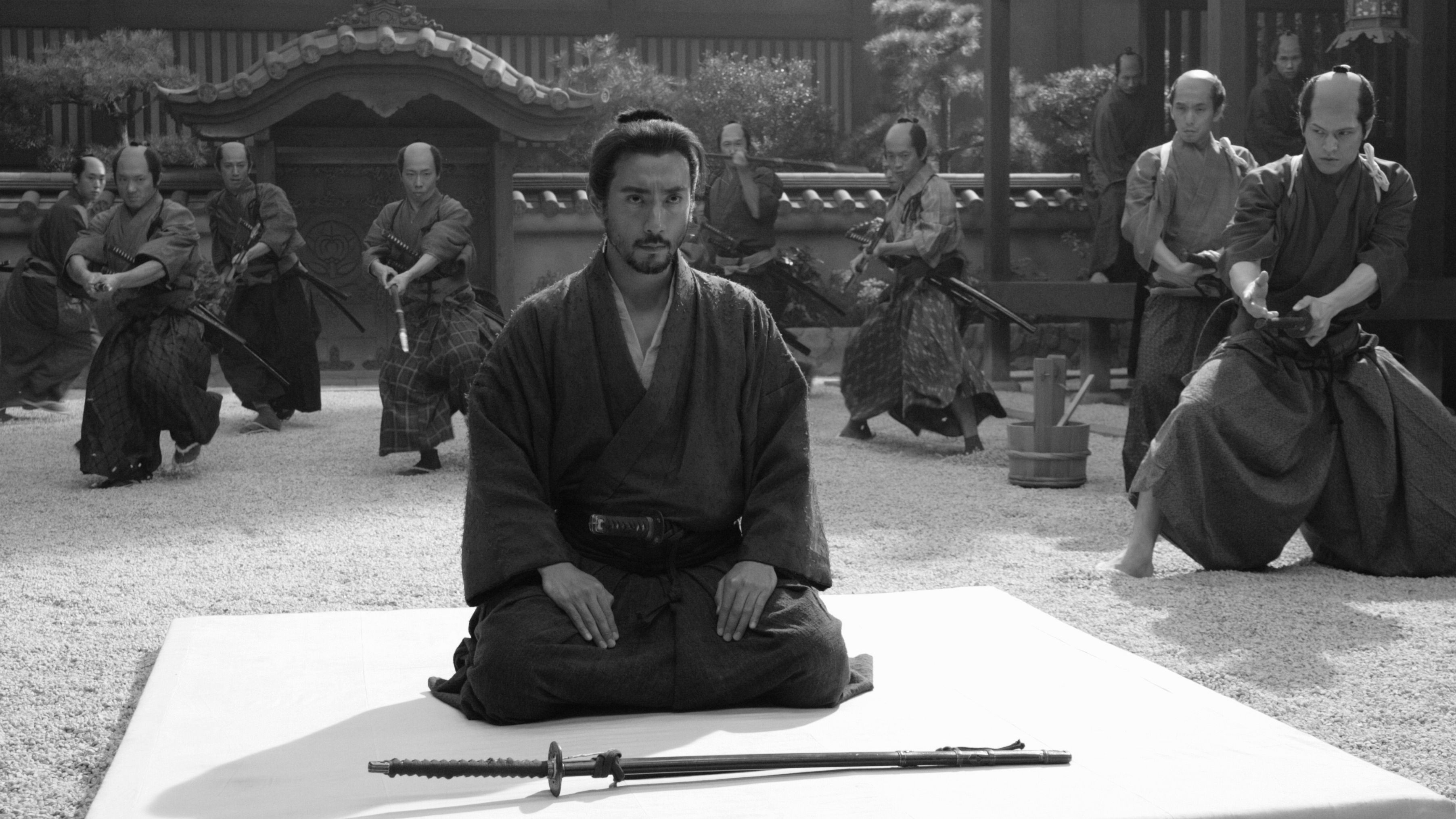
- Nearing the end of Japanese cinema’s first golden age, Harakiri came along and was one of the finest films to have been produced by the eastern country. The story follows an elder ronin samurai who is masterless. He arrives at a feudal lord’s home requesting to commit hara kiri, a type of suicide reserved only for samurai, in the hope of receiving alms from other feudal lords. His plan is complicated by the earlier arrival of a younger samurai, and the film goes on to explore the intricate lives of the samurai.
4. Fireworks (1997)

- The story follows Nishi, a hard-boiled cop whose daughter has recently died and whose wife is terminally ill. He retires early in the film, and the remainder largely acts as a character study of this conflicted individual, who shows both great tenderness and anger. A fine gangster and family film that makes us all question our choices.
5. Ring (1998)

- The film that coined the phrase ‘the Japanese version was better/scarier’ of the usual horror movie junkie. Japanese horror has been big business for a while now, but Ring was arguably the first film that gained such widespread international attention. A mysterious videotape kills whoever watches it, unless the viewer can solve the mystery behind it. A film that, impressively, makes you want to both watch more films and never watch a film alone again.
6. Battle Royale (2000)

- Battle Royale is one of Japan’s most infamous cult films which has had a great impact on cinema worldwide. The main premise of both surrounds school-aged children and young adults fighting to the death with only one being crowned the winner. Unsurprisingly, the Japanese film is more bloody and violent than the Hollywood film. Its also more enjoyable, punctuated with dark humor throughout.
7. Spirited Away (2001)
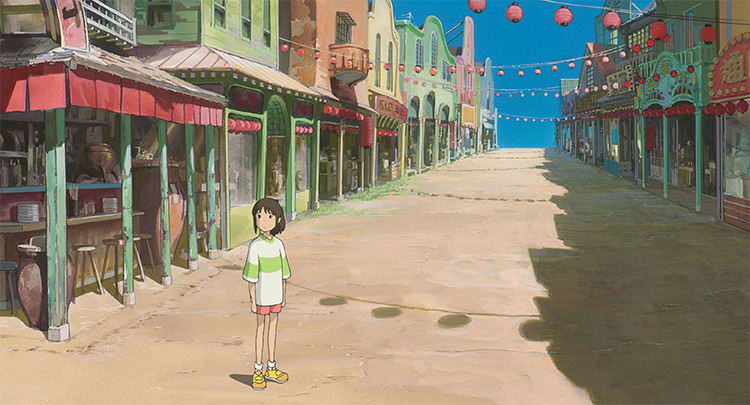
- A list of the top 12 Japanese films could easily consist solely of Studio Ghibli films. We’ve chosen Spirited Away as the sole Ghibli entry on this list as it has earned an impressive pile of awards, including the Academy Award for Best Animation and the Golden Bear at Berlin, and it stands as the most successful worldwide and domestic film in Japanese history.
8. Nobody Knows (2004)

- The events of Nobody Knows, which is based on the real-life Sugamo child abandonment case in the late 1980s, were widely documented across the Japanese media. It is a heart-wrenching story about four half-siblings aged between 5 and 12 years old who are abandoned by their mother. The children cannot go outside, do not attend school, and can’t be seen by outsiders, so they have to learn to rely on each other to fend for themselves. Incredibly affecting, and another example of fact being stranger than fiction.
